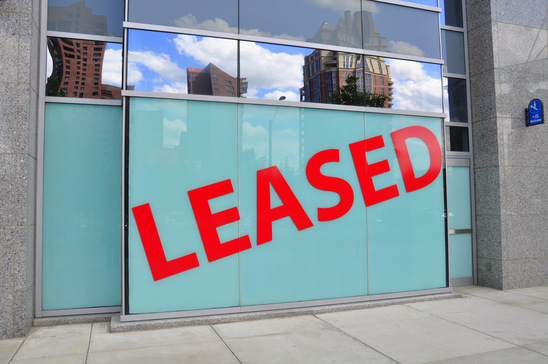A deductible is an important insurance concept that it is used in basically all types of insurance in one form or another. It is important for commercial property owners to understand what their deductible is as it has a significant impact on the expense of a claim and on the cost of premiums. There are several types of deductibles that may be applied to a policy.
The Purpose of a Deductible
Put simply, a deductible is an upfront cost that a policyholder must pay before their insurance provides any coverage. Insurance companies use deductibles to protect themselves and their business from the unsustainable expenses of small claims.
There are several types of deductibles that all fulfill this basic role in a policy.
- Flat deductibles that set a certain cost regardless of the size of claim.
- Percentage deductibles that determine deductible cost based on the size of claim.
- Waiting periods that withhold insurance coverage for a specific period of time.
Most deductibles are flat deductibles. This means that a stated amount of money is the deductible regardless of the size of a claim. For example, if a policy has a deductible of $2,000, then the policyholder is responsible for $2,000 worth of the claim whether the claim is $3,000 or $300,000. A flat deductible sets an effective minimum limit on the usage of the insurance. Any property damage valued at less than the cost of the deductible isn’t worth filing a claim on.
The Impact of Deductibles on Business Finance
A deductible is an important part of business financing when it comes to figuring the cost of insurance on the business. A business owner needs to balance the cost of the insurance with the coverage the business needs to prevent a catastrophic loss from closing it down.
The best way to think about the deductible is as a share of risk. The business must maintain the ability to pay its deductible through either savings or credit sources in order to effectively afford its insurance policy. Deductibles also have a dramatic impact on the cost of the policy’s premiums. A business looking for lower premiums could negotiate a higher deductible. Likewise, a business that does not want to take the risk of a high deductible would pay higher premiums instead.
A business’s overall plan and finances may play a strong role in determining an appropriate deductible. A business that is growing will want to reinvest as much money as possible into the business. This may leave the business with less reserve cash for large deductibles. Alternatively, an established business may be looking to trim monthly costs but has built up a healthy cash reserve. Lower premiums are enticing at that point.
Dealing with deductible costs is an unavoidable part of purchasing insurance. It is ultimately a business decision that must be made using knowledge, research and a good understanding of the business’s plan and finances. It is extremely important to choose a deductible that is affordable and a good fit for the particular business in question.

